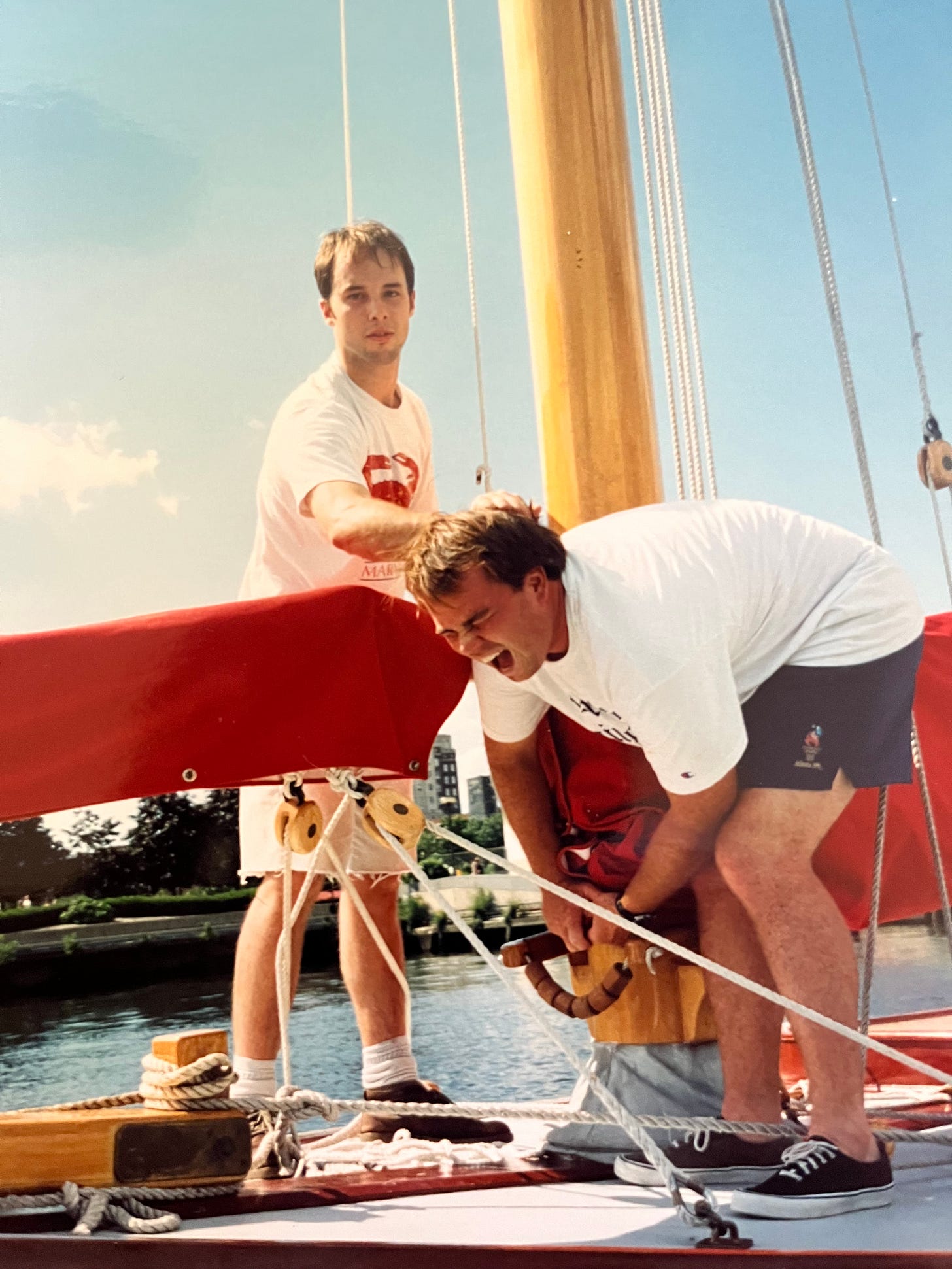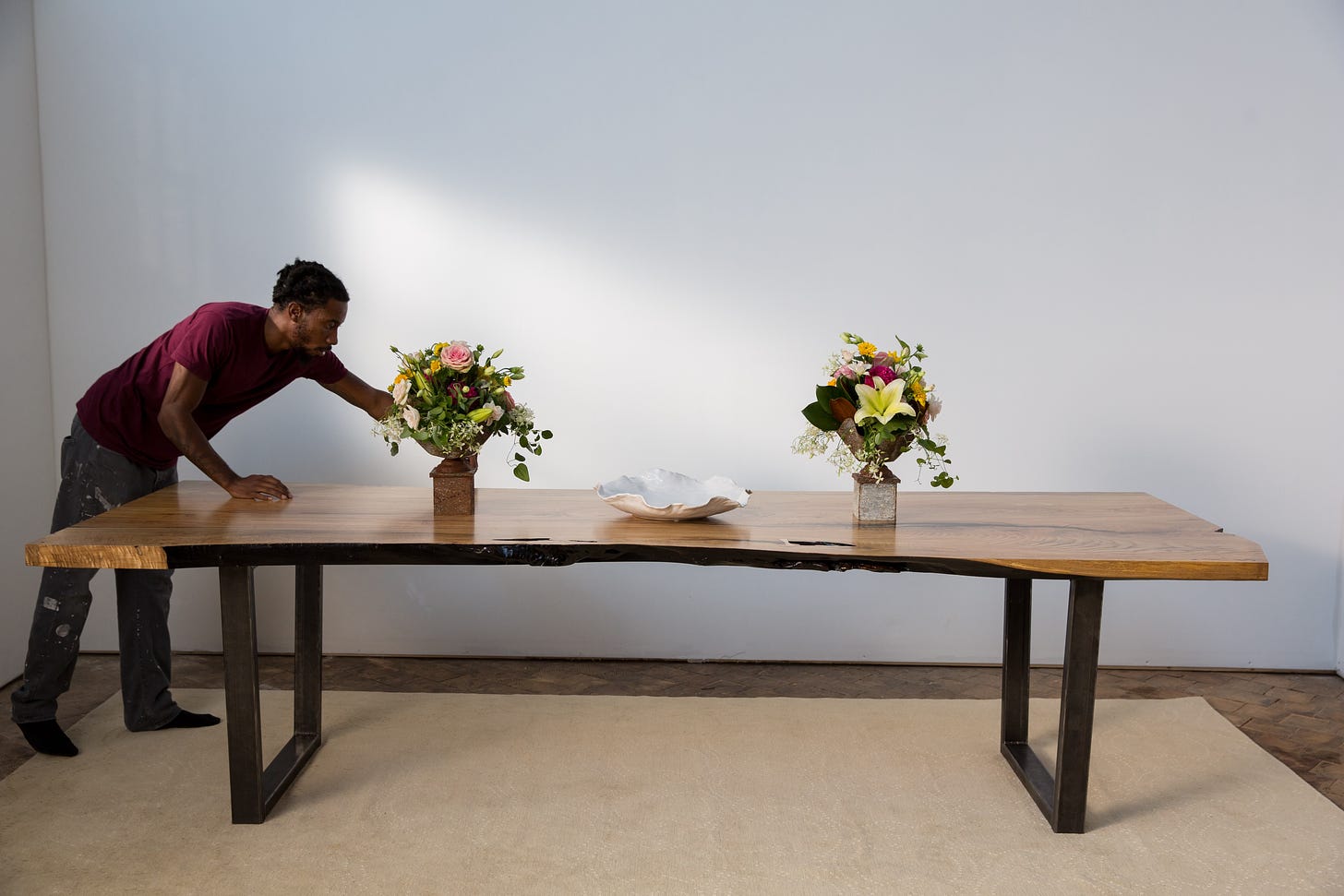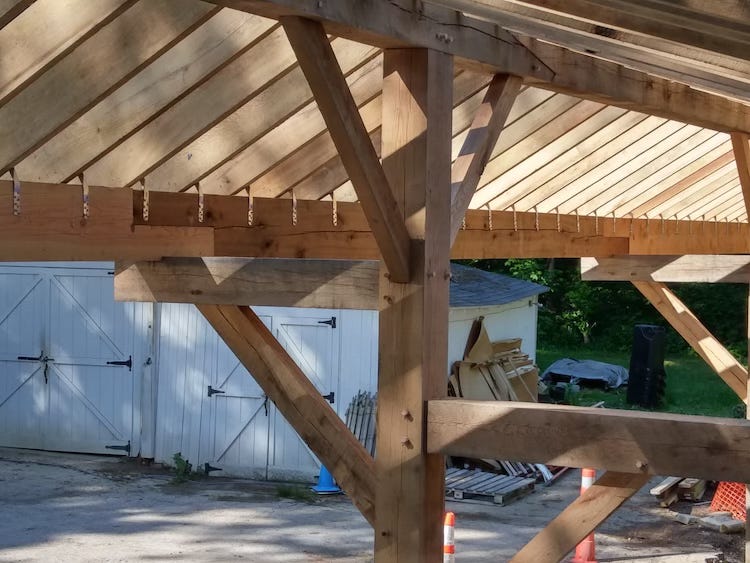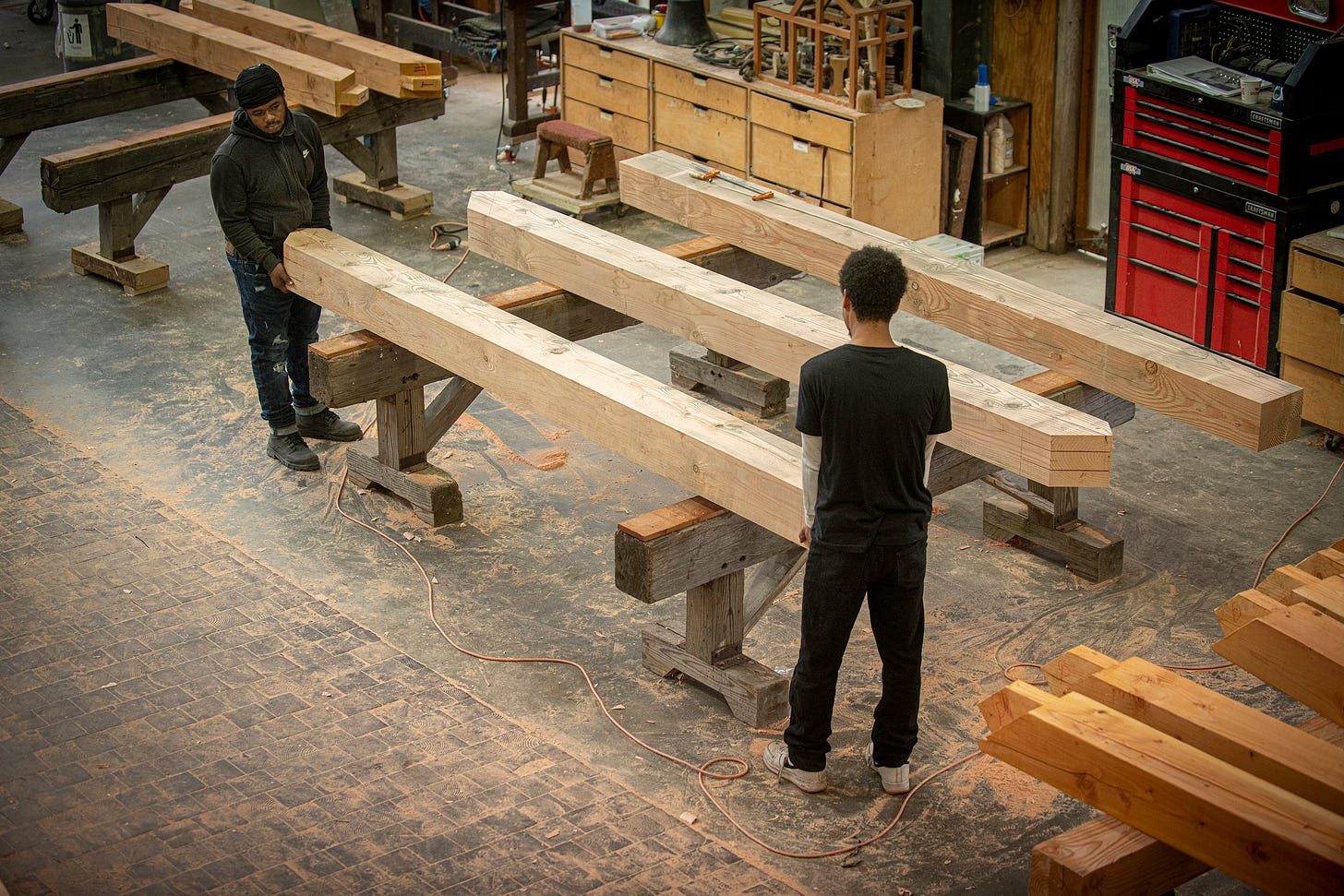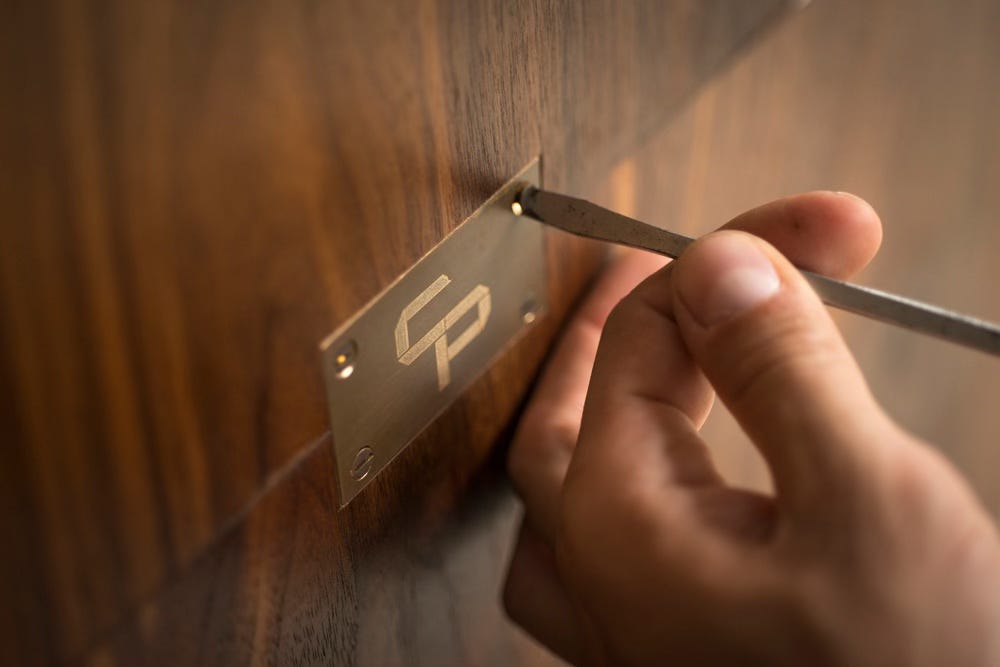Table for All, please
Andrew McKnight builds workforce development for underserved youth who make magnificent community success stories through wood
Gazela, a three-masted barkentine with square sails on the foremast and gaff rigs aft, was built at the turn of the 20th century and fished for cod off the Grand Banks of Newfoundland as part of the Portuguese white fleet until the early 1970s, when she was decommissioned and landed in Philadelphia at the maritime museum to become an admixture of “oldest, largest wooden ship still sailing open ocean” meets events venue and floating museum.
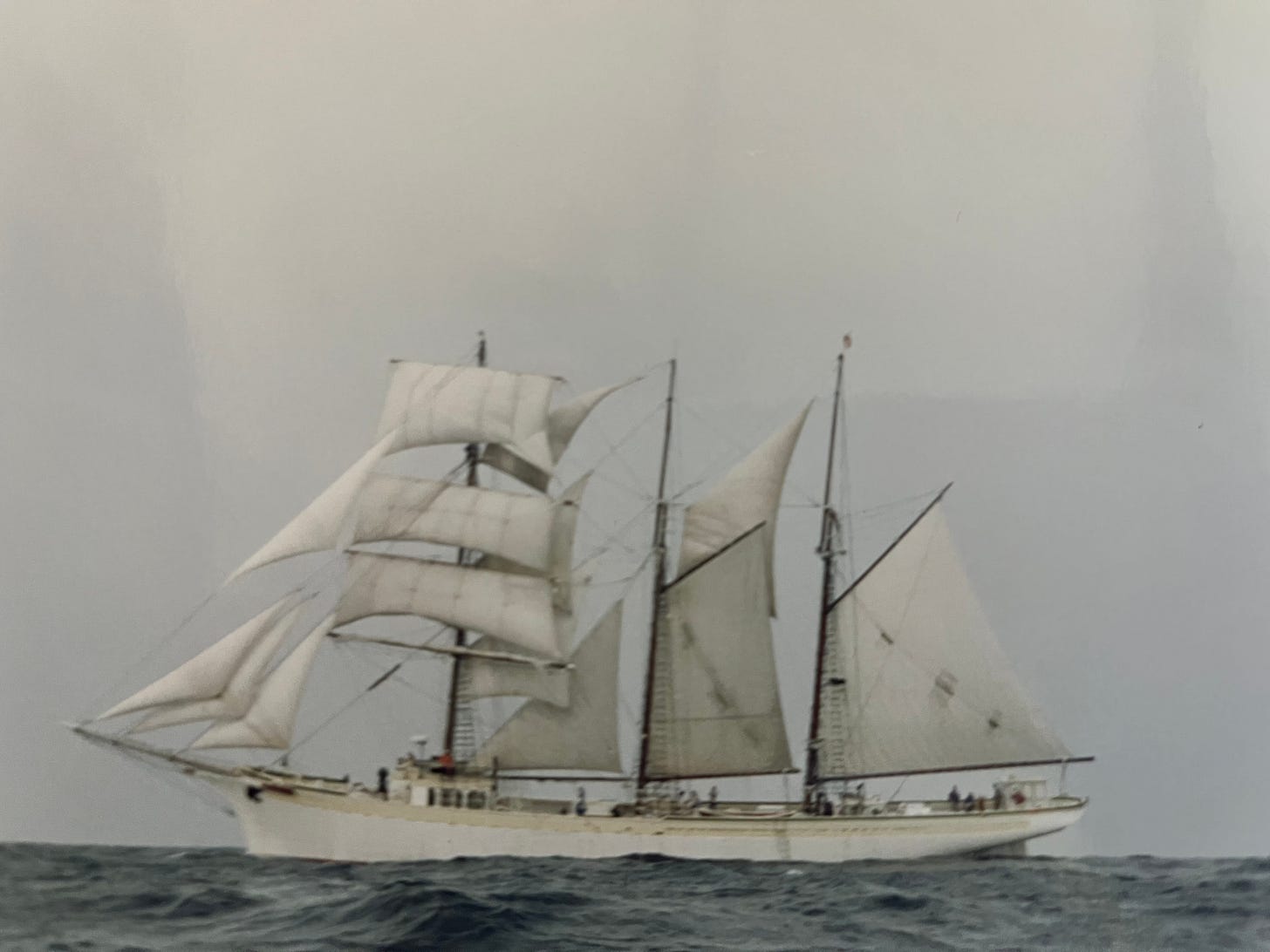
She also starred in some movies. Most notably, an early Brad Pitt and Tom Cruise venue—Interview with a Vampire—in which the dudes are dramatically swept up into the rigging while on blood prowl, and the much lovelier, though grim, La veuve de Saint-Pierre, stunningly filmed with Juliette Binoche off Cape Breton and Nova Scotia, where Gazela spent most of her Portuguese working life, and where I spent most of my time working as her unpaid navigation mate almost 100 years later. Andrew and I met this way, when he came aboard to join our volunteer crew of thirty-five for the sail back to Philadelphia.
A year later, Drew, as we called him then, would launch the Challenge Program. CP has grown and taken shape in the intervening years, the way a lot of wooden boats do—incrementally and by intuition—to suit and support those they serve. Today, CP is both sterling workforce development success story and with this post, it also offers our FED community a metaphorical dining table. Feast your eyes, and imagine us all sharing a meal.
Big love, Ashley
It all started, in November 1995, with wooden boats. I was working at the Independence Seaport Museum in Philadelphia and started a boatbuilding program for underserved youth enrolled in an afterschool boating program. From there, I was recruited to launch the Challenge Program as a small boat shop to teaching vocational skills to youth in alternative schools and at the local Vo-Tech School.
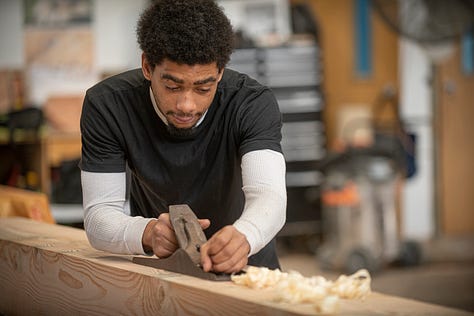
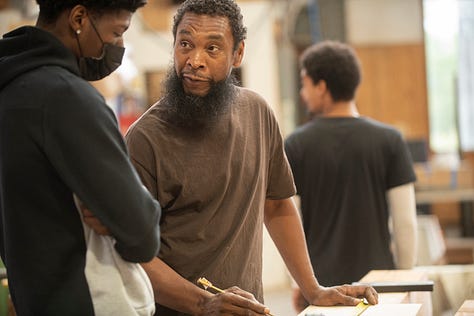
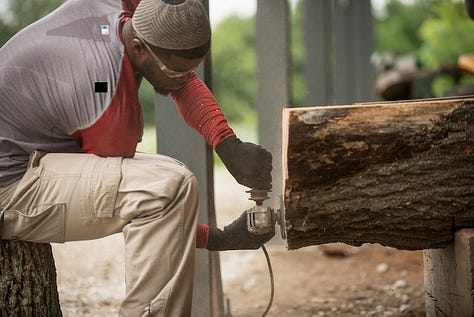
The program really began to take form when I hired some of our graduates as employees. They helped point out that while a 32-hour boat building class can be an interesting experience for youth, it doesn’t really move the needle as far as finishing school, earning a credential, and job readiness are concerned. Combine that insight with the decision to build a timber frame barn to store our boats in, and the Challenge Program began to emerge as a viable job training program for underserved youth, one that’s going strong and continuing to innovate thirty years later thanks to the vibrant commitment of participants and community members alike.
Local timber framer, Hugh Lofting, helped us get started with our boat barn, and our transition to more marketable skills training, by suggesting we teach a timber framing class together in the evenings for local hobbyists who wanted to learn the craft. One of those early students asked CP to build a timber frame replica of some Civil War prisoner barracks for Delaware State Parks once we completed our barn. It quickly became obvious that there was much more money and opportunity in building timber frame structures than in wooden boats. At the urging of one of my board members, we also tried our hand at low-income house restorations in the neighborhood, and we spent the next few years building timber frame structures and doing restorations.
After these early years of experimenting to build our strengths and find our niche, CP received its first contract to train youth in 2001 and officially became a Workforce Investment Board Out-of-school youth provider for the State of Delaware. This designation came with a robust funding stream and has remained the financial backbone for CP ever since. It’s also helped us grow—initially we received $120,000 annually, and now we average around $450,000 a year.
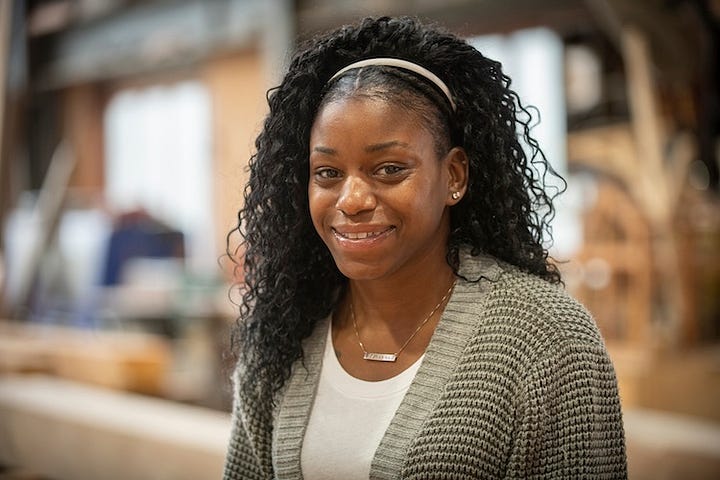
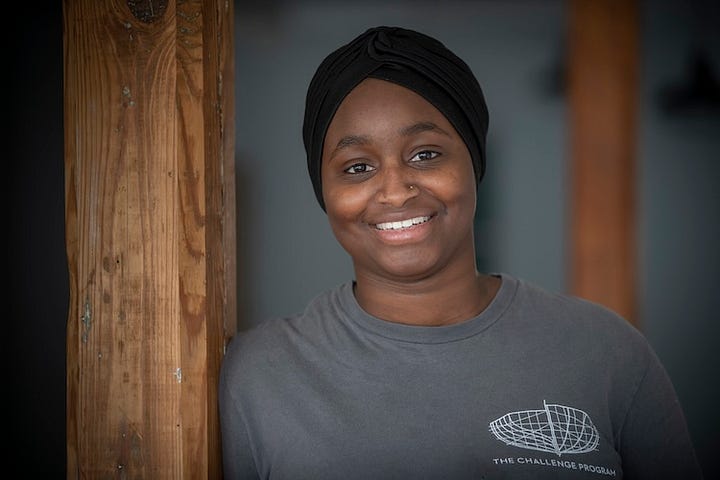
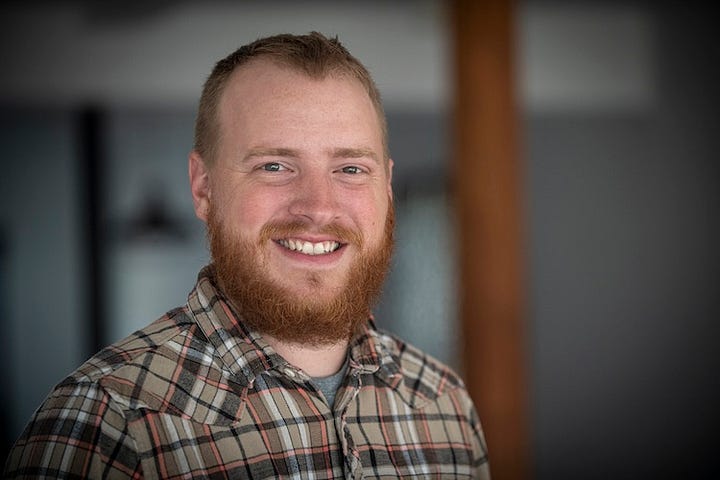
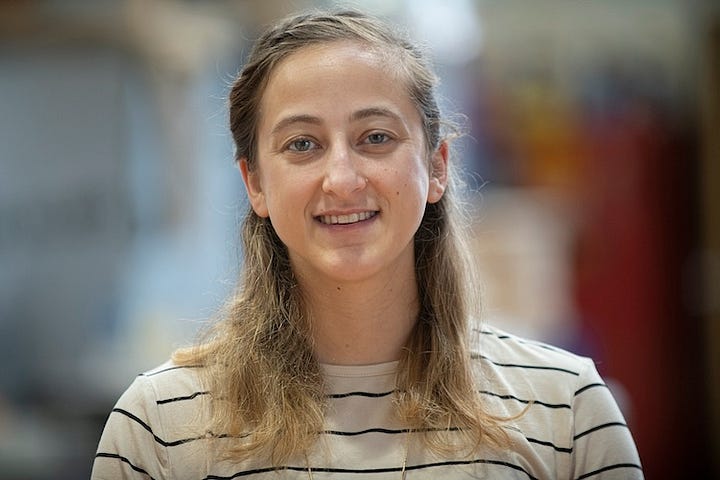
We really hit our stride as a workforce development program in 2004, when we hired our first case manager. It turns out workforce development is as much about wrap-around services and barrier-busting as it is about technical skills training. We now do both. We help trainees work through the judicial system, get a driver’s license, get a GED, build a resume, job search, and everything in between. We also teach them master craft skills from boat joinery to post-and-beam construction to fine restoration—ever tried to fix a double-hung wooden window in a hundreds-year old building with no right angles?!?—to fine furniture-making.
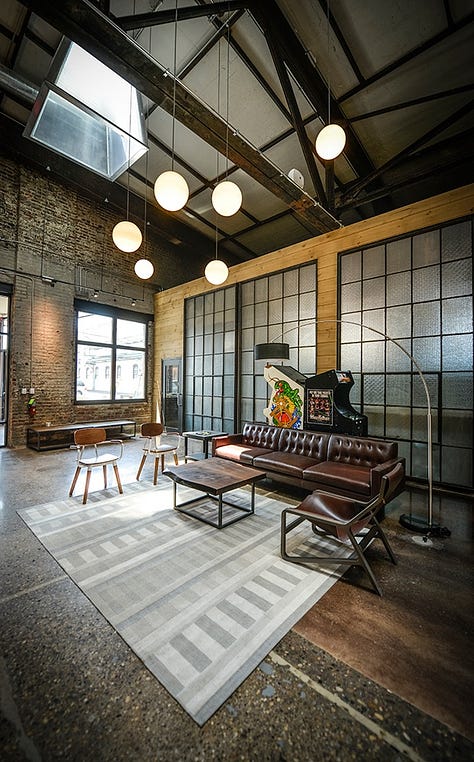
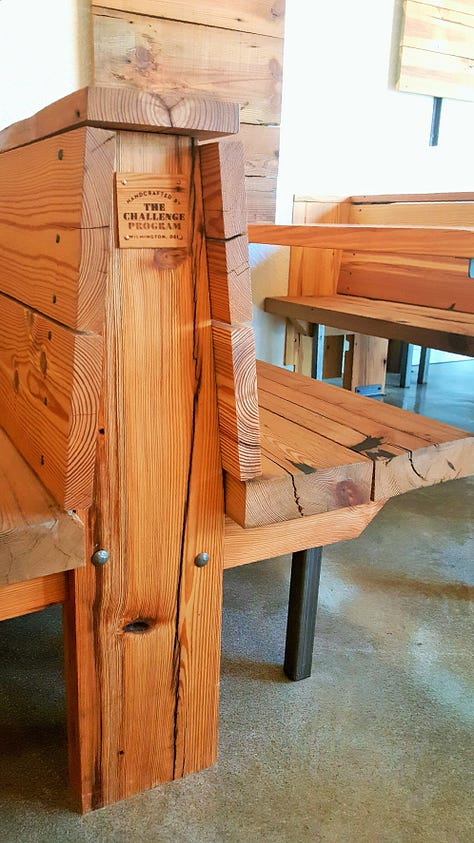
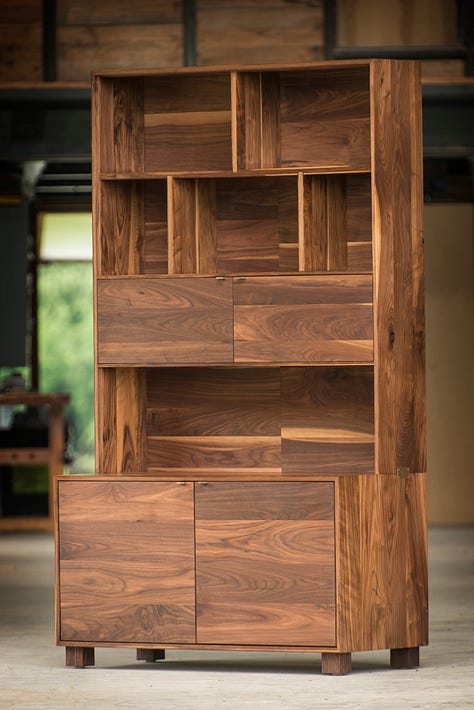
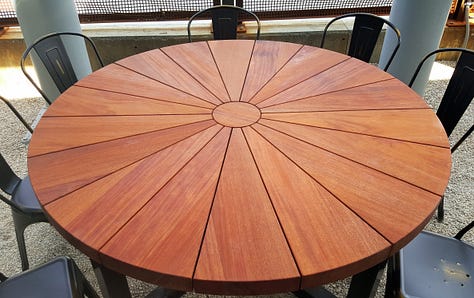
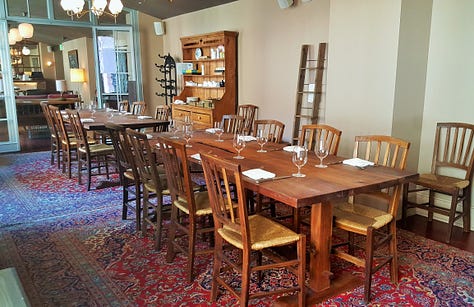
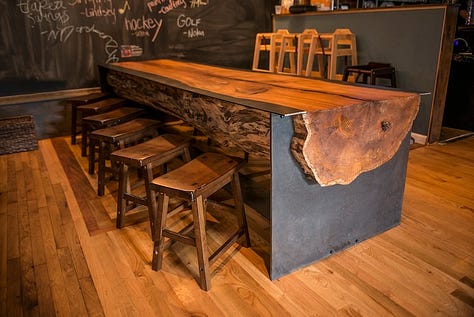
We stumbled into building tables, the way we did most everything else, by accident. In the early 2000s, we helped de-construct an old Wilmington warehouse, built primarily with Douglas Fir beams. We salvaged hundreds of these beams to use in our timber frame structures, but it turned out that the wood was of such a high quality that we had people wanting us to resaw it and use it for furniture.
Of special note for the CP story, a friend who was opening an upscale restaurant in Philadelphia—Talula’s Garden—wanted us to build all of the interior furnishings with re-claimed materials. This led to a high demand for making furniture—tables, credenzas, entertainment centers, and many bars and bar backs. The demand was so high that it became detrimental to our training mission because it was impossible to keep up with client demands while taking the time to really train and support our students.
In response, we created CP Furniture, an employment social enterprise that hires training program graduates and builds high-end custom furniture for commercial and residential clients. We launched the furniture business in 2015, and by 2018, annual sales averaged $600,000 per year. We outgrew our temporary shop space, and in 2018, we began raising money to build CP Studio, a 14,000sq.ft. timber frame shop that will house the furniture business and allow us to triple our workforce and production.
Thanks to COVID and supply chain issues, our $2.4 capital project ballooned to $4.6 million. We are in the final stages of completing the building, and hope to move in next month.
Dive in for more goodness…
To learn more about Andrew, the Challenge Program, and FED’s entire Spring 2024 all-star line-up of musicians, artists, writers, growers, gleaners, cooks, and craftspeople, check out Special Guests.
Who’s washing dishes?
If you are enjoying your place at the FED table—made possible because readers, contributors, and editorial all pitch in to make it happen—we encourage you to pitch in, too, by upgrading your free subscription to a paid subscription.
When you click the upgrade button below, you can set your subscription rate based on your values, priorities, and means. Funds are then redistributed throughout the community to support contributors, editorial, production, and equitable access. For more information about our connection-economy, check out About FED.
Together, we co-create sustainable connection, inclusive placemaking, and global community. Thank you!
FED is a participant-created and supported publication and community. We encourage you to pass it on. All are welcome at the table!






